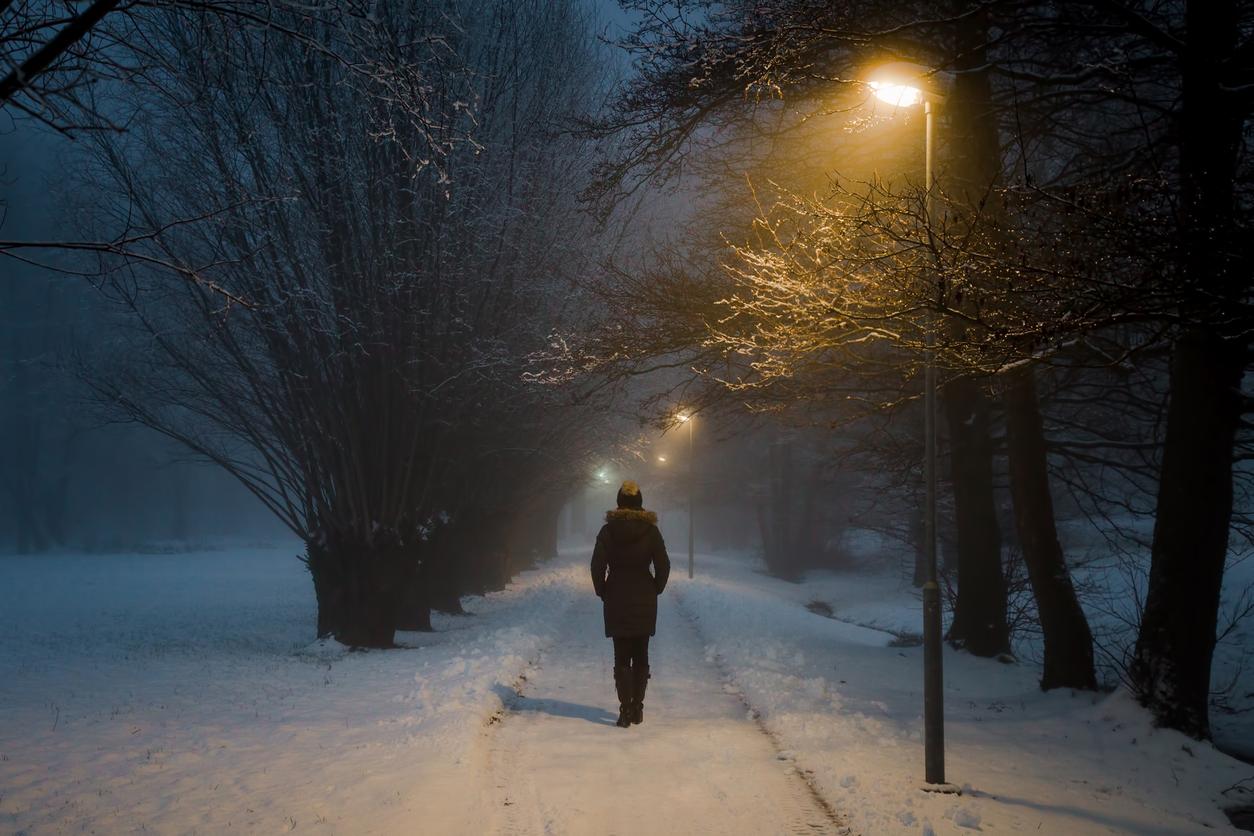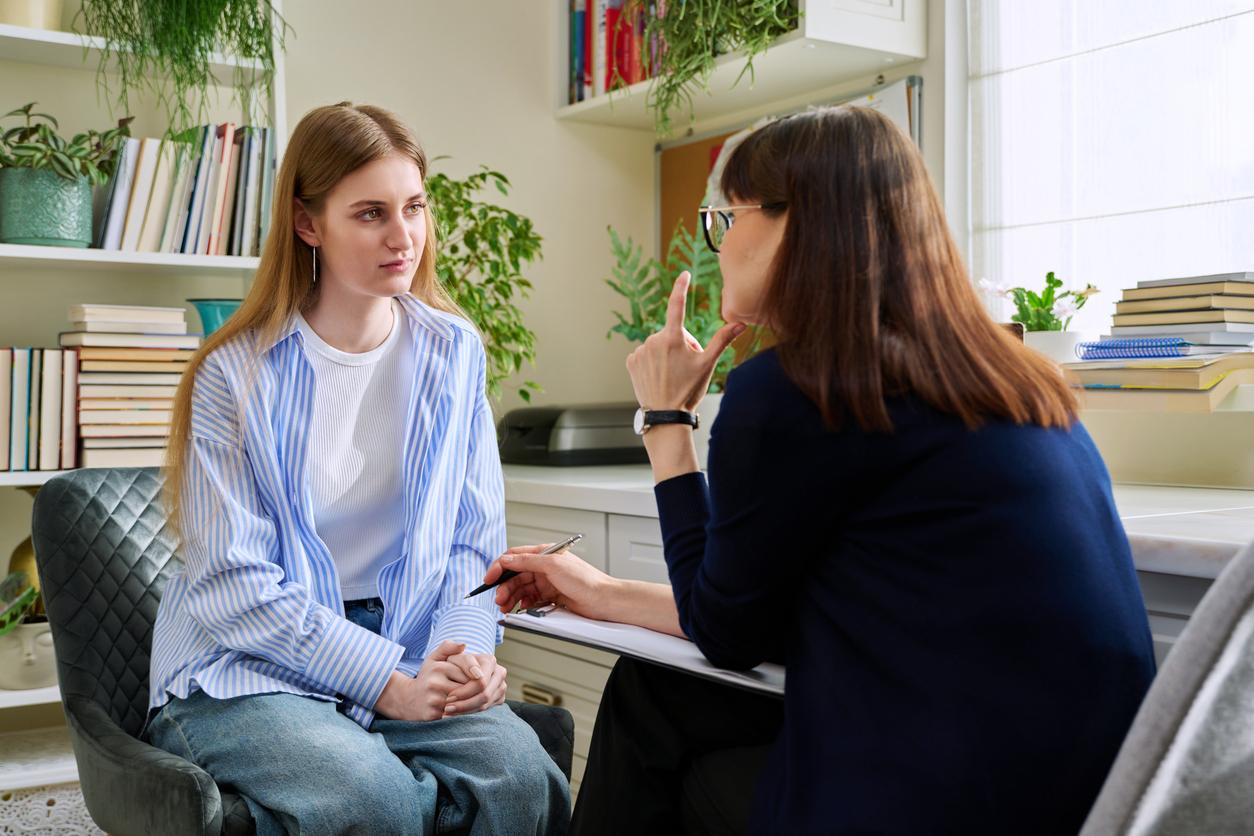The winter months have a real impact on mental health and can cause seasonal depression, which can however be relieved by following a few recommendations.

- According to a 2019 survey, nearly one in four people experience seasonal blues during the winter.
- Using an alarm clock that mimics the colors of a sunrise can help get you out of bed before sunrise, according to the psychiatrist.
Even if the days are getting longer, winter has not said its last word and with it, the risk of seasonal depression.
Winter increases the risk of depression
seasonal depression is a type of depression that occurs in the fall or during winter and is said to be due to the absence of sunlight during this period.
“Common symptoms of seasonal depression include depressed mood for most of the day over a period of two weeks or more, lack of enjoyment in doing what you previously loved, and changes in your energy, motivation, sleep or appetite”, notes Anisha Patel-Dunn, psychiatrist and chief medical officer of LifeStance Healthan American outpatient mental health society.
In a CNBC article, she gives advice to help get through this critical phase, which peaks at the end of February. For example, we learn that adopting a structured sleep routine by getting up and going to bed at the same time every day, even on weekends, is beneficial in avoiding seasonal depression.
Diet and physical activity help fight seasonal depression
Diet is also something to watch out for, since many people affected by seasonal depression may see their eating behavior disrupted and the weight on the scale increase. Thus, the expert recommends consuming healthy nutrients throughout the day and not eating too large meals just before bed.
And just because it’s cold doesn’t mean you shouldn’t get some fresh air, on the contrary. “Take a coat and go outside as often as possible and exercise. Research shows that 30-45 minutes of aerobic exercise four to five times a week can impact and improve mood“says Anisha Patel-Dunn.
Also, drinking coffee or alcohol close to bedtime is not recommended, just like avoiding the blue light from the phone just before going to bed.
Finally, “don’t fight alone“, concluded the psychiatrist: “Call on a trusted friend or loved one to talk to them about how you are feeling. Seek professional help if things get too overwhelming.”















